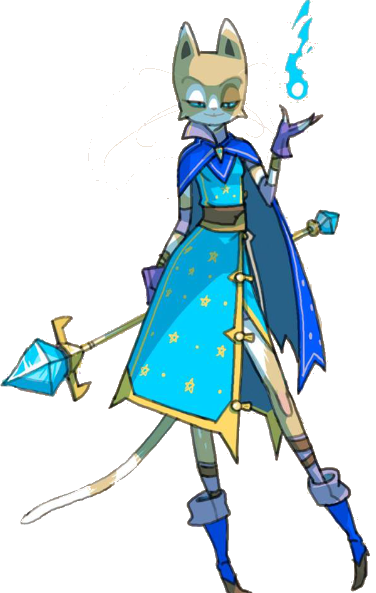

“ Living Lyre”- Refers to a stringed instrument. He wonders if a great poet may be buried beneath the ground and never was given the means to accomplish what he was meant to do ( ). He ponders the idea that maybe if a farmer was given the means of oppurtunities, what the farmer may have become. “Some hearts once pregnant with celestial fire”- Gray wonders what types of people are buried in the graves. The wealthy’s riches will not save them or benefit them in any way once death approaches ( ). Honors and flattery are no competition for death. “Can Honour’s voice provoke the silent dust…”- Gray explains that nothing can bring the dead back to life. “ Long-drawn aisle and fretted vault“- This refers to a carved arched ceiling inside of a church where important people are buried ( Cummings). “If memory o’er their tomb no trophies raise”- Gray wants his readers to be reminded that the rich should not look down on the poor for their simple and humble tombstones ( ). “The paths of glory lead but to the grave” – Gray wants us to be reminded that it does not matter if we are rich or poor, we all will die. “ Pomp”– refers to the elite ceremonies, rituals, and luxurious surroundings that royalty and nobles enjoy ( Cummings). “ Boast of heraldry…”– refers to the boastfulness of the upper class in regards to their aristocratic/royal family tree and well as their snobby attitude about having power ( Cummings). The ‘annals’ refers to their history and stories ( ). Gray shows how the poor take pride in what they create and even though they may not have much money, they are proud of their hard work and the nature that surrounds them. “Simple annals of the poor”- Gray also brings up the issue of social classes in his poem. “Destiny obscure”- refers to the common peoples’ humble fate and everything that they accomplish that is not glorified or announced ( Cumminngs). “For them no more…” (Stanza 6)– This stanza reminds the reader of all the things one leaves behind when they die, including their wife, children and house ( ). “Jocundly”– means cheerfully ( Cummings). “The envied kiss to share”– is an anastrophe, a figure of speech that inverts the normal order or words, it should read as “to share the envied kiss” ( Cummings). The poem continues on saying in the fifth and sixth stanza how no longer will these people be able to live the life they used too ( ). “ Narrow Cell”- The narrow cell refers to the buried coffins in the ground. There is personification in this line as the wind carries the pleasant smells of morning, it calls and breathes ( Cummings). “ Breezy call…”– refers to the morn, or morning, as a living thing. “Rude“- means robust, sturdy, hearty and stalwart ( Cummings). “Mouldering”- means decaying or crumbling ( Cummings). “Anient soitary rein”– is a metaphore that compares the owl to a queen ( Cummings). “Molest“- refers to bothering the owl as it keeps a watchful eye over the country churchyard ( Cummings). “ The moping owl does to the moon complain”- When Gray writes the the owl complains, he is reminding his readers of the sorrow and grief the poem is revealing ( ). “Ivy-mantled“- means covered, dressed, or fashioned with ivy ( Cummings). “Fold” refers to a flock of sheep ( Cummings). “Drowsy tinklings lull the distant folds”– This line refers to the serene sounds coming from a bell that hangs around the neck of a male sheep that leads the flock ( Cummings). “Save”– throughout the poem it means ‘except’ ( Cummings). “Now fades…”– reveals that the landscape is becoming increasingly harder to see, it’s fadeing from sight ( Cummings). “Parting day”– refers to the day’s end such as dusk, twilight, or the dying day ( Cummings). Gray’s writing style gives a tone of grief and the poem is filled with sorrow().

This reflective tone continues through the second and third stanza. This use of the word gives the poem a very solemn and reflective tone. “Knell”- The use of the word knell is symbolic because it is used when describing the type of bell rung at funerals. “Curfew”– During the time that this poem was written, English towns had a “curfew,” the time when a bell was rung in the evening that signaled for people put out their fires and go to bed ( Cummings). ❧ Elegy Written in A Country Churchyard–Notes Click //Thomas Gray// to go back to previous page


 0 kommentar(er)
0 kommentar(er)
